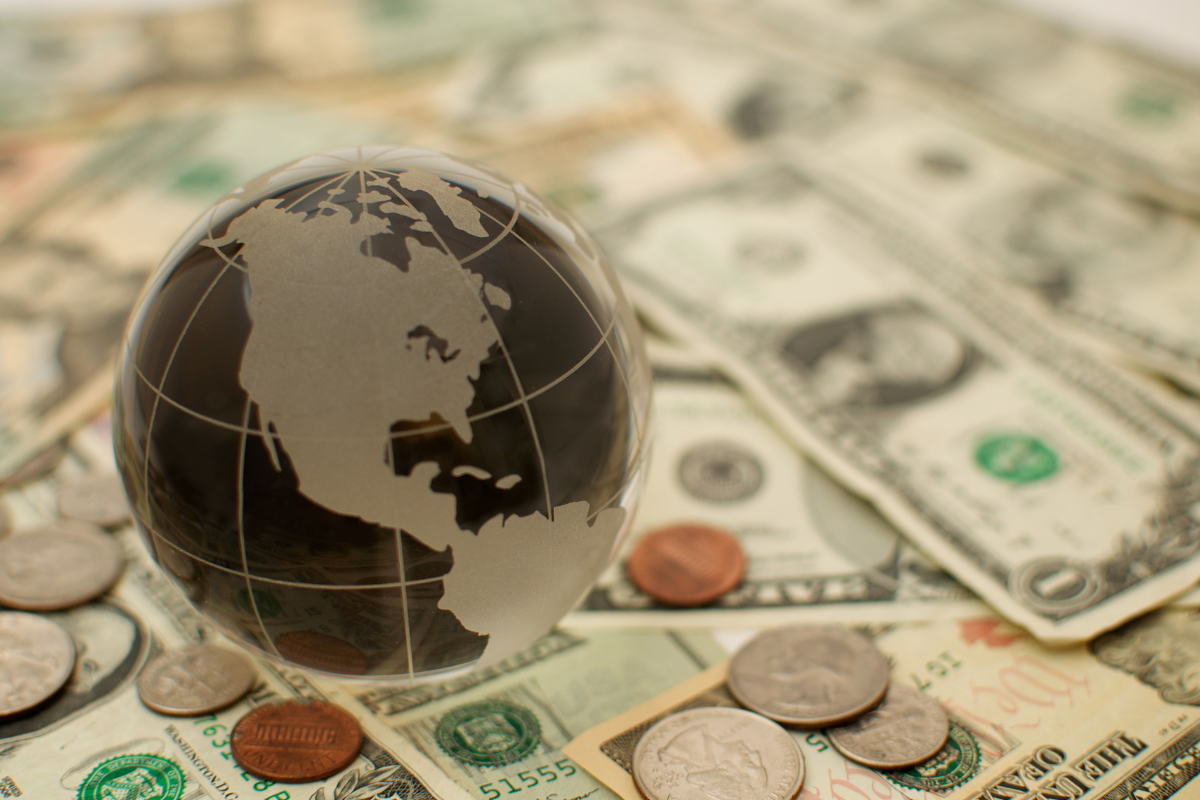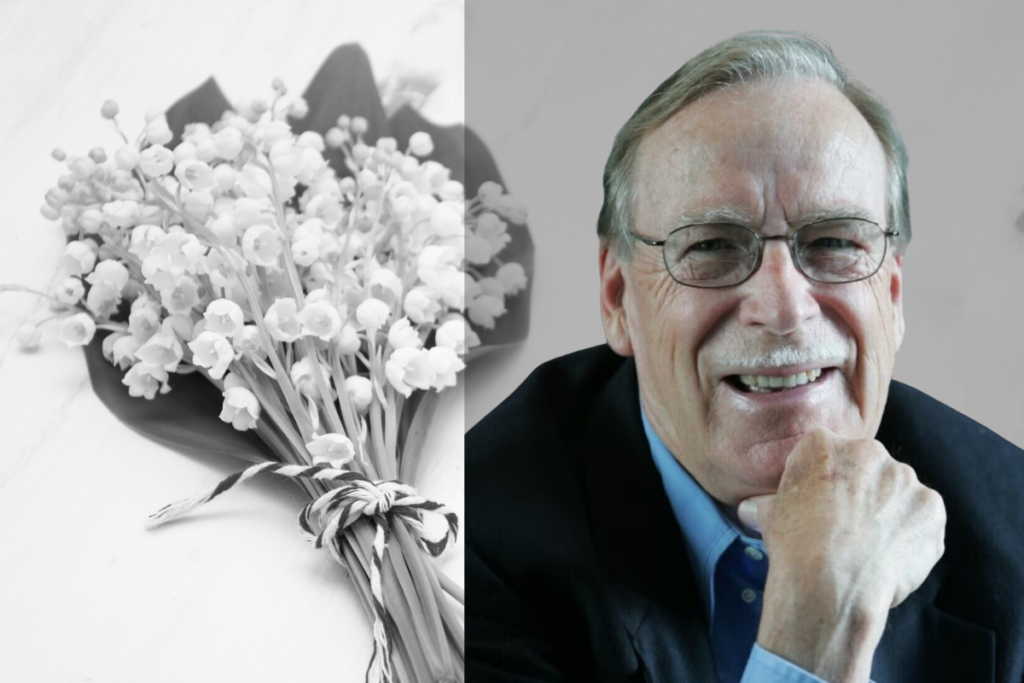For decades, economists shaped public policy and swayed governments worldwide. But as the political tide shifts and public trust wanes, their once-unassailable influence seems to have faded. Now, the profession is grappling with a critical question: How can economists regain relevance in a world that increasingly questions their authority?
The turning point for many economists came during Donald Trump’s presidency, when his administration openly dismissed traditional economic expertise, favoring unorthodox policies like aggressive tariffs and tax cuts.
Critics argue this era crystallized a broader trend of sidelining economists in favor of populist rhetoric and political expediency. Even with Trump out of office, the echoes of that transformation linger, leaving economists scrambling to reestablish their standing.
A Waning Trust in Expertise
One of the main hurdles economists face is eroding public trust. Decades of predictions that failed to materialize—whether about globalization’s benefits or the severity of the 2008 financial crisis—have fueled skepticism.
“Economists were seen as having all the answers, but the reality is far more complex,” said Sarah Brenner, a policy analyst at the Brookings Institution. “Many feel they’ve been left behind by a profession that doesn’t understand their struggles.”
This sentiment is echoed in the growing appeal of politicians who reject mainstream economic thinking. Figures like Trump, and even others globally, have effectively framed economic expertise as elitist, often out of touch with the concerns of average citizens.
Coupled with the rise of social media, where misinformation can spread unchecked, economists now operate in an environment where their ideas face unprecedented scrutiny.
The Search for Relevance
Some economists are responding to these challenges by reevaluating how they communicate their findings. Traditionally known for dense jargon and complex models, many in the field are making concerted efforts to simplify their messages.
Institutions like the Federal Reserve are producing explainer videos and engaging with the public on platforms like Twitter, aiming to bridge the gap between academic analysis and everyday concerns.
Others are advocating for a more interdisciplinary approach, blending economics with insights from sociology, psychology, and environmental science to address pressing issues like climate change and inequality.
“We need to stop treating economics as a closed system,” said Dr. Emma Vargas, an economist at MIT. “The problems we face today demand collaboration and adaptability.”
A Balancing Act
Despite the profession’s challenges, economists continue to play a vital role in shaping policy. From advising on pandemic recovery measures to addressing inflation, their expertise remains critical.
However, some argue that to regain broader influence, economists must acknowledge their limitations and engage more directly with diverse perspectives.
“There’s a fine line between being an expert and being seen as infallible,” said Brenner. “Acknowledging uncertainty doesn’t weaken economics—it strengthens its credibility.”
The Path Forward
As the world grapples with economic uncertainty, from soaring costs of living to the existential threat of climate change, the stakes for economists couldn’t be higher. Rebuilding trust will take time, but many believe it’s a challenge worth embracing. The question now is whether economists can evolve quickly enough to meet the moment.
“We have to adapt,” said Vargas. “If we don’t, the world will move on without us.”



